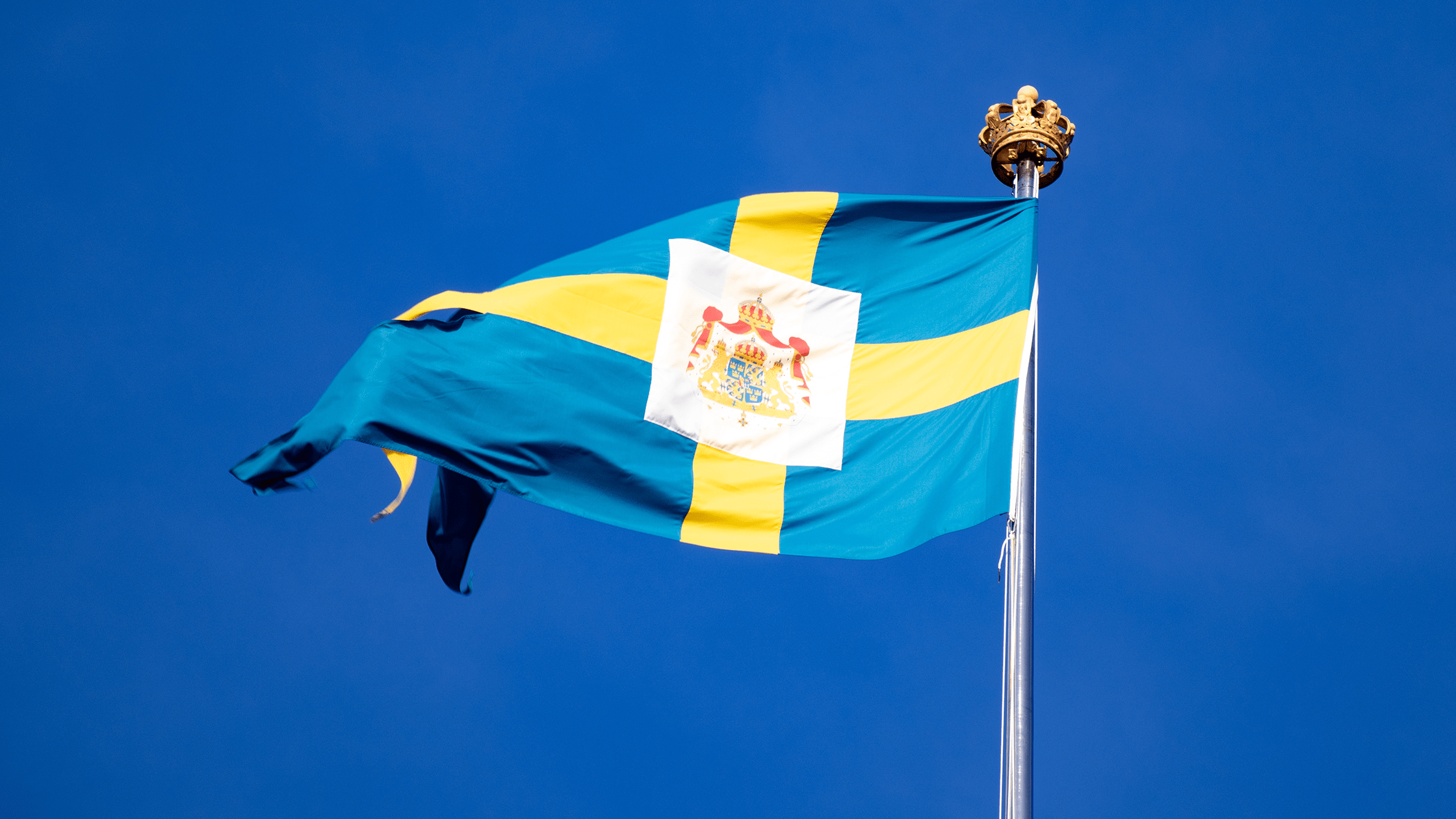Sweden shows everyone how EPR can work: The Swedish government has adopted a comprehensive change in the Producer Responsibility Regulation for packaging, which will be fully effective from 2024. These changes affect a wide range of stakeholders, including municipalities, producers, producer responsibility organizations (PROs) and the Swedish Environmental Protection Agency. The aim of these new regulations is to make recycling easier and more efficient, thereby reducing the need for new raw materials and cutting CO2 emissions.
The following players are affected by the changes and find themselves with new roles and responsibilities:
EPR Sweden: municipalities in focus
From January 1, 2024, municipalities and local authorities will assume operational responsibility for the collection of packaging waste from households and selected businesses. They will also play a key role in providing information on preventive measures and the correct sorting of packaging waste. By January 1, 2027 at the latest, all municipalities must introduce a doorstep collection system for packaging waste. Collection will be based on material types such as paper, plastic, metal and glass. In addition, bulky packaging waste and materials such as wood, ceramics and textiles must be collected at accessible collection points or municipal recycling centers.

EPR Sweden: producers and PROs in transition
All producers of packaging are obliged to join or establish a recognized Producer Responsibility Organization (PRO). The activities of these organizations must be approved by the Swedish Environmental Protection Agency. Producers are also obliged to register with the Swedish Environmental Protection Agency and participate in a take-back system.
EPR Sweden: New guidelines for deposit systems
The updated regulation also includes provisions for deposit systems, such as those used for bottles and cans. Responsibility for these systems has been transferred from the Swedish Board of Agriculture to the Swedish Environmental Protection Agency as of January 1, 2023. Existing systems can retain their approval until January 1, 2027, after which they will be reassessed in accordance with the new guidelines.
Conclusion
These far-reaching changes underline Sweden’s commitment to environmental protection and recycling. For companies selling products to end customers in Sweden, it is crucial to be aware of this new responsibility and act accordingly. The EPR Sweden 2024 regulation is not just a change, but a major step forward in packaging responsibility that will help to significantly reduce the environmental impact.
Need help?
We understand how overwhelming such regulations can seem! But don’t worry, we are here to help. Feel free to inquire without any cost! Our team of experts will get back to you promptly!
Here are more interesting articles for you:
German packaging law: Cheap packaging license 2024 for e-commerce
LUCID Packaging Register: Background and Guide
